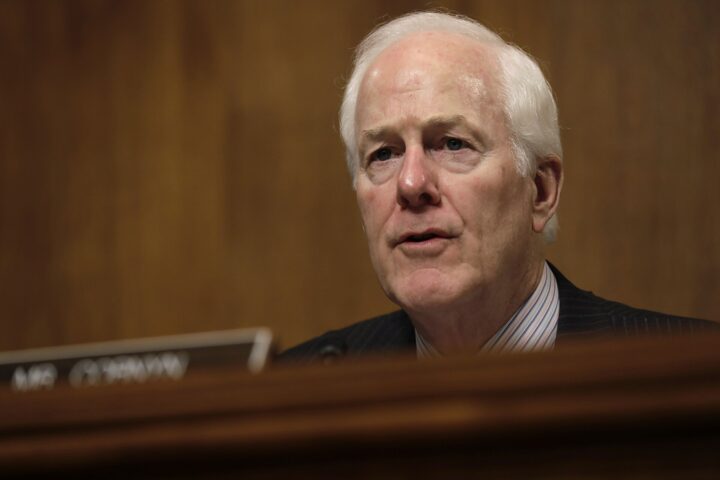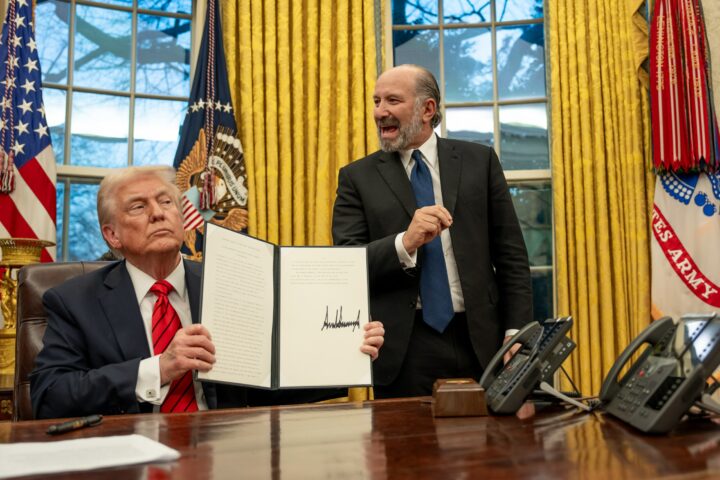Senator Susan Collins, Republican of Maine, reportedly issued a sharp rebuke of President Donald J. Trump on Friday, accusing him of a “clear violation of the law” after the White House moved to cancel $4.9 billion in congressionally approved foreign aid funding.
The dispute centers on a 15-page notification the White House sent to Congress late Thursday night, outlining its intent to claw back billions in aid through what officials described as a “pocket rescission.”
The maneuver, legally untested, relies on timing. By waiting until the fiscal year’s final weeks, the administration would effectively run out the clock, leaving lawmakers little opportunity to reject the cuts before the money expires on September 30.
Collins, who chairs the Senate Appropriations Committee, said the move amounts to an end-run around Congress’s constitutional authority. “Given that this package was sent to Congress very close to the end of the fiscal year when the funds are scheduled to expire, this is an apparent attempt to rescind appropriated funds without congressional approval,” she said.
The White House proposal includes steep reductions: $445 million from U.S. funding of peacekeeping missions abroad and $132 million from the State Department’s Democracy Fund, among other cuts.
While Collins has generally supported much of Trump’s domestic and foreign policy agenda, she has also at times stood apart.
In July, her opposition to a signature spending measure — the so-called “Big Beautiful Bill” — prompted Trump to lash out on Truth Social, urging Republicans to “vote the exact opposite of Senator Susan Collins.”
In her statement Friday, Collins pointed to both constitutional and statutory limits on the president’s authority. “GAO has concluded that this type of rescission is unlawful and not permitted by the Impoundment Control Act,” she said, invoking the 1974 law passed after President Richard Nixon sought to withhold congressionally approved spending. “Article I of the Constitution makes clear that Congress has the responsibility for the power of the purse. Any effort to rescind appropriated funds without congressional approval is a clear violation of the law.”
Collins argued that the administration’s unilateral attempt to slash foreign aid ignored the established process Congress uses to trim spending. “Instead of this attempt to undermine the law, the appropriate way is to identify ways to reduce excessive spending through the bipartisan, annual appropriations process,” she said.
She noted that rescissions — the formal cancellation of funding — are not unusual when conducted through the regular order of appropriations. “Congress approves rescissions regularly as part of this process. In fact, the year-long funding bill that we are currently operating under includes 70 rescissions,” Collins said.
Looking ahead, she pointed to upcoming legislative work as the proper venue for such decisions. “This month, the Appropriations Committee intends to markup the Fiscal Year 2026 State, Foreign Operations, and Related Programs bill. The annual funding bill is the most appropriate way to ensure that any rescissions reflect the views of Congress.”
Collins’s remarks highlight a rare moment in which a senior Republican, while supportive of restraining foreign aid spending, warned against executive overreach.
Her statement underscored a tension that has long animated conservative critiques of Washington: that even worthy goals must be pursued through constitutional means.
[READ MORE: Newsom’s Rising Poll Numbers Highlight Democrats’ Unsettled 2028 Field]








